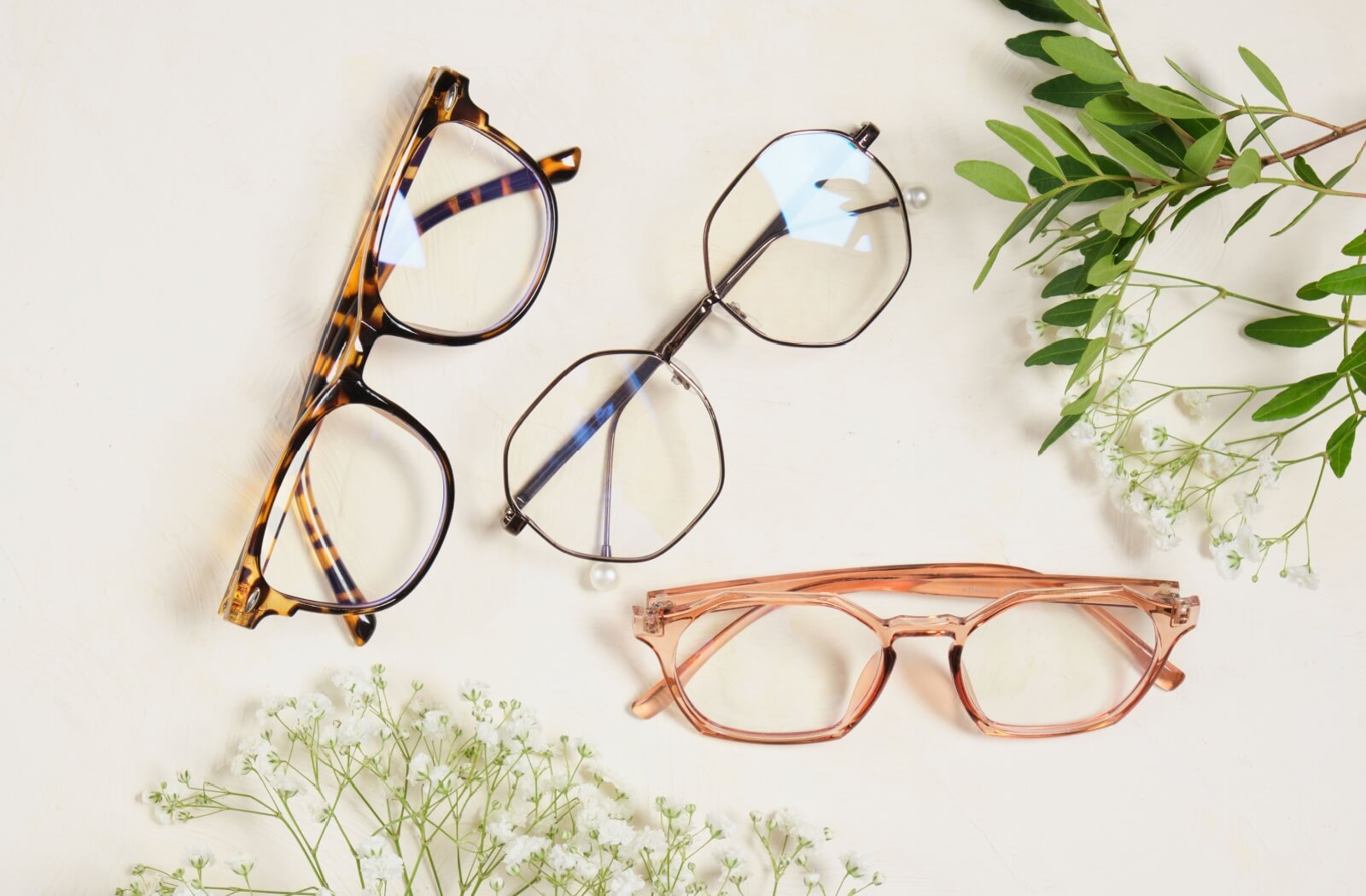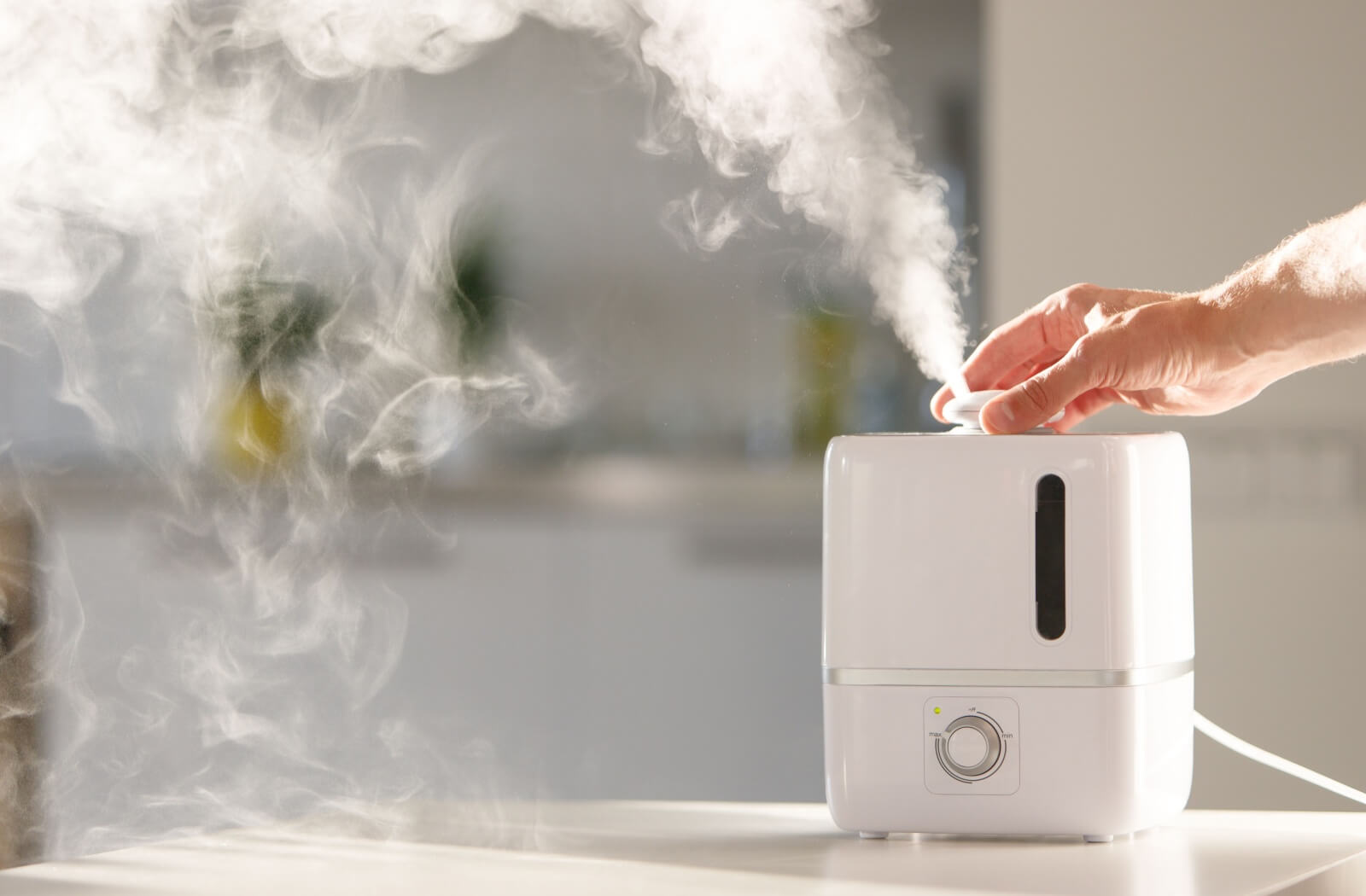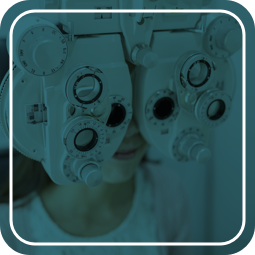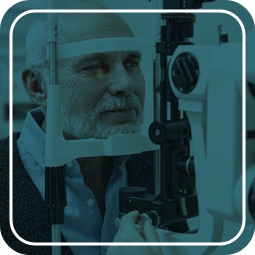Don’t Let Dry Eye Disrupt Your Day
It’s amazing how little we notice our eyes until they get that irritated, burning feeling associated with dry eye disease. You may notice your tears even less, even though they play a big role in keeping your eyes hydrated and comfortable.
Dry eye disease is prevalent in Canada, affecting approximately 6 million Canadians. There are several causes of dry eye disease, and numerous treatments are available as well. At Downtown Eye Care & The Contact Lens Department, we will tailor a treatment plan to suit your unique situation, finding you relief and helping you get back to your daily activities.
Contact us to schedule your dry eye assessment today and take a big step towards dry eye relief.

What Causes Dry Eye?
No matter the environmental conditions, your eyes can feel dry and uncomfortable. While blowing air conditioning or windy conditions don’t help, your surroundings are not the only reason you might be experiencing dry eye.
Here are some other reasons why you may have dry eye:
- Meibomian gland dysfunction
- Aging
- Hormone fluctuations
- Environmental irritants like smoke
- Contact lens use
- Medications
- Autoimmune diseases
In-Clinic Treatment Options
Our treatments are designed to restore tear balance, improve gland function, and relieve discomfort. Our in-office therapies include:
- Eyelid debridement to clear the lid margin and support gland health
- Meibomian gland expression to remove blockages and improve oil flow
- Medicated eye drops to reduce inflammation and support healing
- Eye masks and warm compresses to soften hardened oils in the glands
- BIHOCL spray by Biomiq to reduce bacteria and soothe irritation
We also carry IMED and Thea dry eye products, including sprays, lid wipes, and artificial tears, which we can recommend based on your needs.
At-Home Support
Our optometrists will guide you on how to manage dry eye between visits. This may include:
Eyelid sprays to reduce inflammation and bacterial buildupng sprays, lid wipes, and artificial tears, which we can recommend based on your needs.
- Daily lid hygiene routines
- Use of preservative-free artificial tears
- Application of warm compresses
- Omega-3 supplements to support tear quality
Types of Dry Eye Disease
All eyes are different, and the causes of dry eye disease may differ from person to person. In general, there are 2 types of dry eye disease:
- Evaporative dry eye: This form of dry eye occurs when tears evaporate too quickly, often due to dysfunction of the meibomian glands. These tiny oil glands, located along the upper and lower eyelids, help maintain the stability of your tears. If they are blocked or not functioning properly, your eyes may feel dry, irritated, or inflamed.
- Aqueous-deficient dry eye: This form of dry eye is less common. It happens when your eyes are not producing enough tears to stay moist and protected.
How We Diagnose Dry Eye
Our team uses different diagnostic tools to get to the root of your symptoms. A comprehensive dry eye assessment allows us to create a treatment plan tailored to your specific needs.
Our dry eye testing may include:
- Medmont Meridia imaging and meibography to visualize and assess the meibomian glands
- Automated tear break-up time (TBUT) and subjective TBUT testing to evaluate tear film stability
- Ocular surface staining with dyes to check for damage or inflammation
- Evaluation of blink quality and eyelid function
Don’t Ignore the Signs of Dry Eye
Dry eye disease can show up in many ways. If you’re experiencing any of the following, it may be time for a professional assessment:
- Sensitivity to light
- Stringy discharge
- A gritty or foreign body sensation
- Burning or redness
- Excessive watering
- Discomfort while wearing contact lenses
Our team at Downtown Eye Care & The Contact Lens Department is here to help you find answers and lasting relief.
Contact us to book your dry eye consultation today and start getting the relief you deserve.

Come visit our team
We’re located in Suite 216 in the 350 Sparks Street Office. We share an underground parking garage with the Hilton Garden Inn at 361 Queen Street. The parking garage can be accessed via Queen Street.
Our Address
- 350 Sparks Street, Suite 216
- Ottawa, ON K1R 7S8
Contact Information
- Phone: 613-238-5960
- Fax: 613-800-0385
- Email: info@downtowneyecare.ca
Hours Of Operation
Check Out Our Google Reviews


View Our Blogs
What Glasses Are in Style for 2026?
Eye Care, EyeglassesThis year offers a diverse range of styles, from bold geometric shapes and soft pastel colours to updated retro classics and eco-friendly materials. […]
Does a Humidifier Help with Dry Eyes?
Dry Eyes, Eye ConditionsThis simple change can slow down the evaporation of your natural tears, providing a more comfortable environment for your eyes. […]
Can Myopia Be Reversed?
Eye Health, Eyeglasses, MyopiaWhile myopia cannot be medically reversed or cured, there are effective ways to correct your vision and manage its progression. […]
What Glasses Are in Style for 2026?

This year offers a diverse range of styles, from bold geometric shapes and soft pastel colours to updated retro classics and eco-friendly materials. […]
Does a Humidifier Help with Dry Eyes?

This simple change can slow down the evaporation of your natural tears, providing a more comfortable environment for your eyes. […]
Can Myopia Be Reversed?

While myopia cannot be medically reversed or cured, there are effective ways to correct your vision and manage its progression. […]

Our Contact Lens Brands







